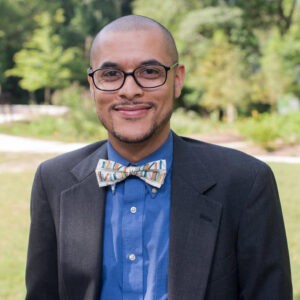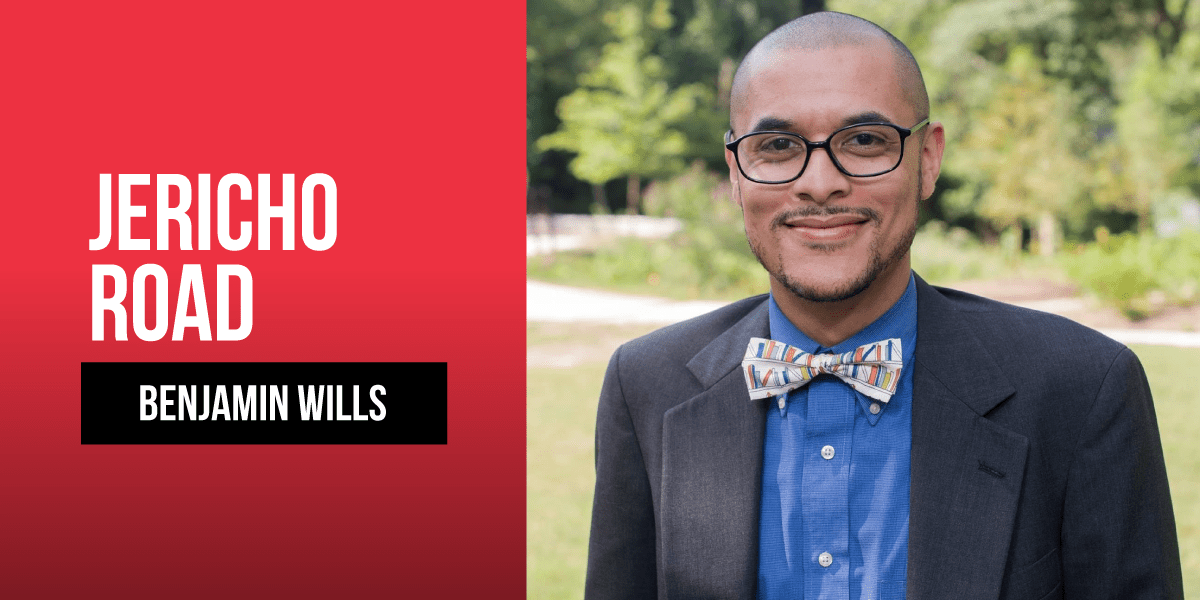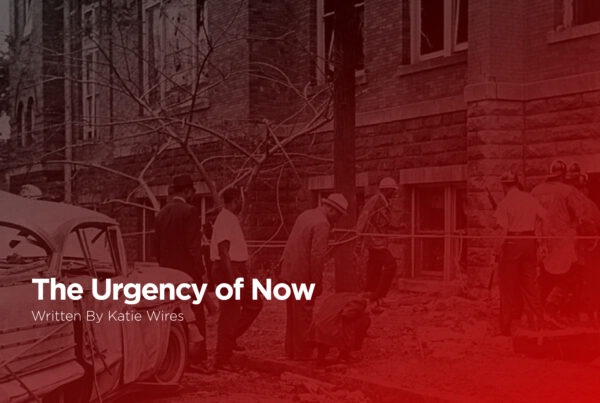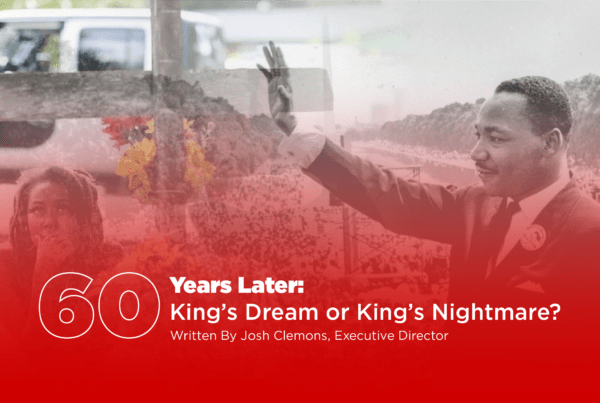In one of the most well known and most often used stories Jesus told, The Parable of the Good Samaritan, followers of Jesus are given instructive words to live by, “Go and do likewise.” The story is of a man who falls among robbers and is left for dead beside the road. Several characters encounter this man while only one stops to care for him. This man, a Samaritan, shows compassion, binds the wounds of the man, transports him to an inn, pays for his stay and promises to return to settle any further debt. Jesus and the lawyer who is challenging him reach a mutual conclusion that the one was merciful, was a good neighbor and in fact he was. The mercy shown to a person whom he had no prior relationship with and no responsibility for his current situation is an indicator of a way the follower of Jesus should engage the hurting of the world, however I wonder if we have seen a part as the whole.
While many sermons have been preached and many lives have begun their transformation through the seeds of mercy in this story, we must evaluate our context today and recognize that a chasm exists. The number of travelers robbed, beaten, and left for dead on the side of our Jericho road is cause for great concern. Perhaps there is more on the way to justice and to see mercy as the first step in neighboring, not the last, could propel us into a cultural moment of concern with the wind and power of God’s Holy Spirit at our backs as we seek to do justice. Dr. King shared this in his reflection on the parable of the Good Samaritan, “On the one hand we are called to play the good Samaritan on life’s roadside; but that will be only an initial act. One day we must come to see that the whole Jericho road must be transformed so that men and women will not be constantly beaten and robbed as they make their journey on life’s highway.” Careful attention to the Biblical narrative we hold dear unveils for us the ultimate plans of our God, the just and full restoration of every person and place that has been devastated and broken by the effects of sin in our world.
“On the one hand we are called to play the good Samaritan on life’s roadside; but that will be only an initial act. One day we must come to see that the whole Jericho road must be transformed so that men and women will not be constantly beaten and robbed as they make their journey on life’s highway. True compassion is more than flinging a coin to a beggar; it is not haphazard and superficial. It comes to see that an edifice which produces beggars needs restructuring.” ― Martin Luther King Jr., “A Time to Break Silence,” at Riverside Church
If “Go and do likewise.” is the beginning and not the end, how should we think through our engagement with justice in the world today? There are two areas I would like to propose for examination.
Do we see mercy and justice as two sides of the same coin?
Mercy is often a momentary act of compassion or relief, while justice is the complete reversal or upheaval of a system to bear its original intent or purpose. These two are not two sides of the same coin. I do want to be clear though: mercy and justice are both central to God’s heart for the world. Making this critical distinction allows us to see that the work of justice will frequently require more effort. Learning to count the cost is essential to following Jesus. The pursuit of mercy and justice will cost us more than one alone. In making this distinction there is no attempt to pit the two against one another; they are both vital, the distinction is made to see mercy as a first step and justice as a conclusive act that Jesus is more committed to then we will ever be.
Are we called to care about causes or walk with the wounded?
Yes. On one hand, I would say that we have not been called to care about causes, we have been called to walk with the wounded. The justice climate of our day calls for allegiance to “causes” and alignments that we feel antithetical to the ultimate ends and purposes of God, this tension can not be understated. Walking with the wounded is the ultimate place followers of Jesus ought to be found because it is in fact where we find our risen Lord walking himself. On the other hand, I would say as we are walking with the wounded we should explore the causes of that wounding and use whatever God has placed in our hands to see systems that perpetually wound people dismantled and emptied of their power. The resurrection power of God is alive and at work in us and through us for the healing of God’s world, to stop at mercy then is to sell short the power of God to redeem and restore all that we see.
Followers of Jesus must faithfully wrestle with these questions. We must avail ourselves to allow God’s Holy Spirit to speak to us, to challenge us, to posture us to be receptive to where and how God may be healing the world today.
To see Jesus as inviting us to go and do likewise is to understand that he is pointing in a direction, He is showing us a way to be in the world. To walk in that direction is to move towards God’s ultimate end and purpose, not ours. That end is redemption, that end is restoration, that end is justice.
__

Benjamin Wills
Founder and Head of School at Peace Prepatory Academy.






